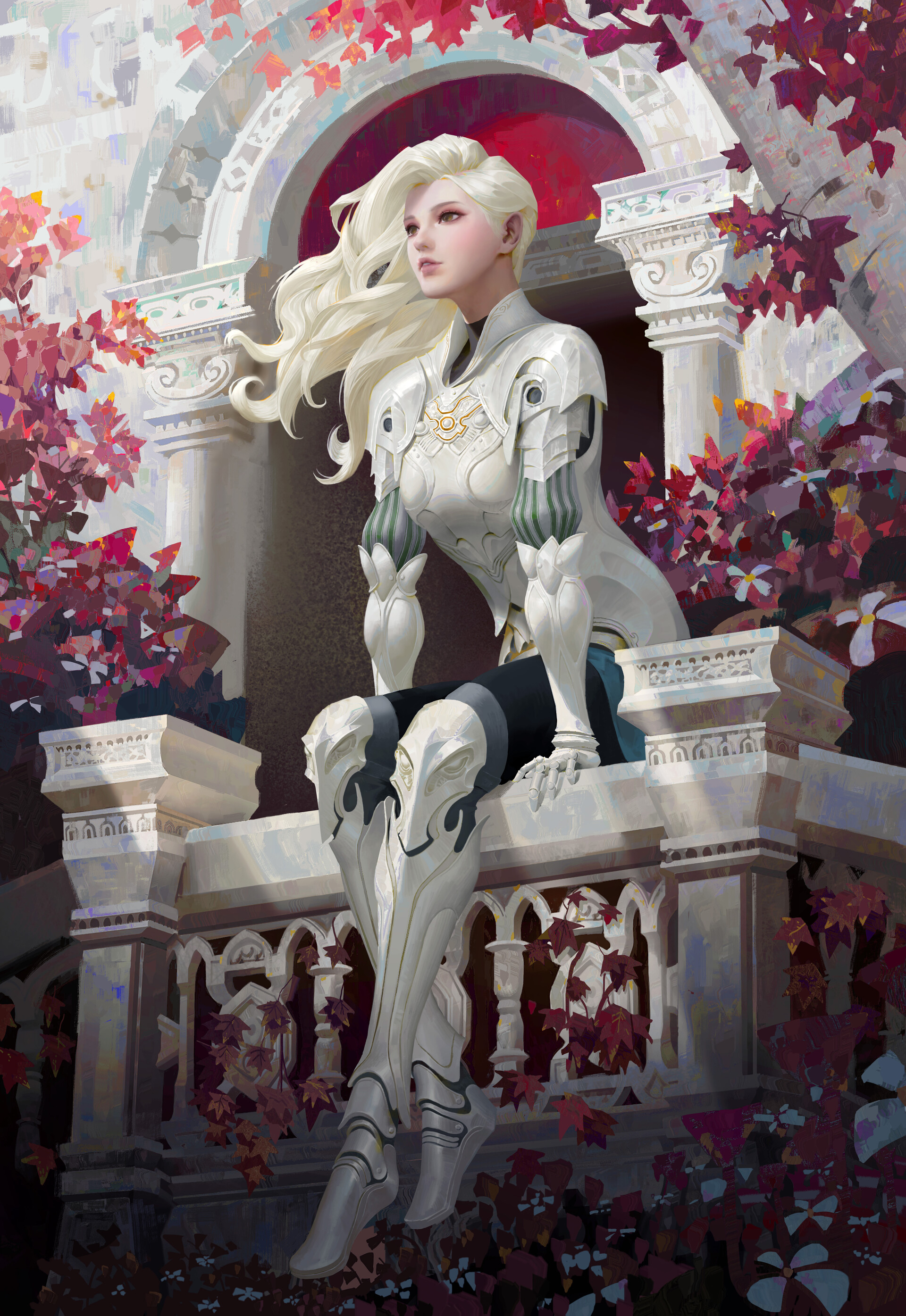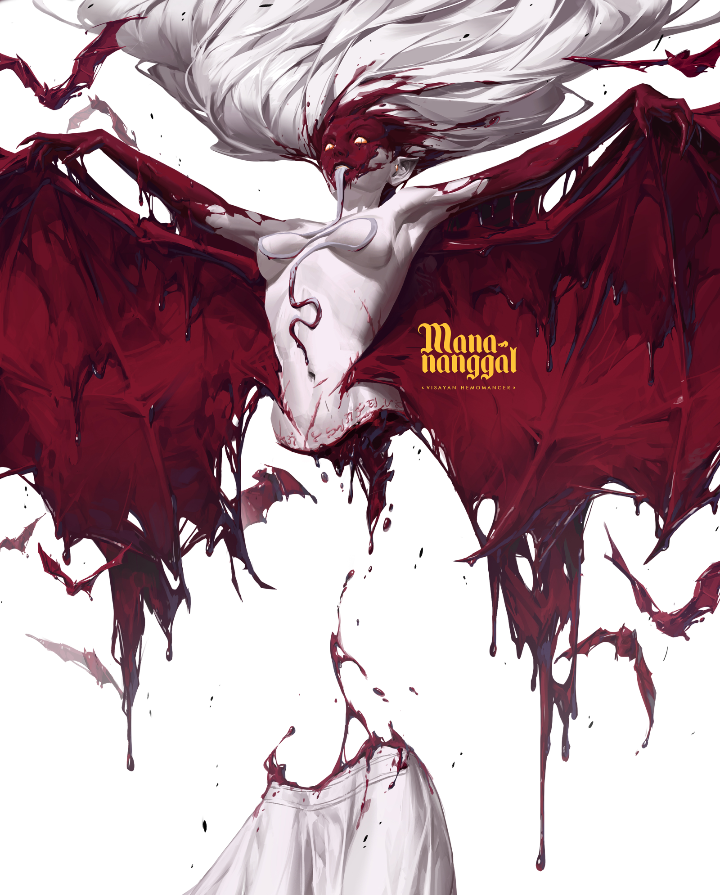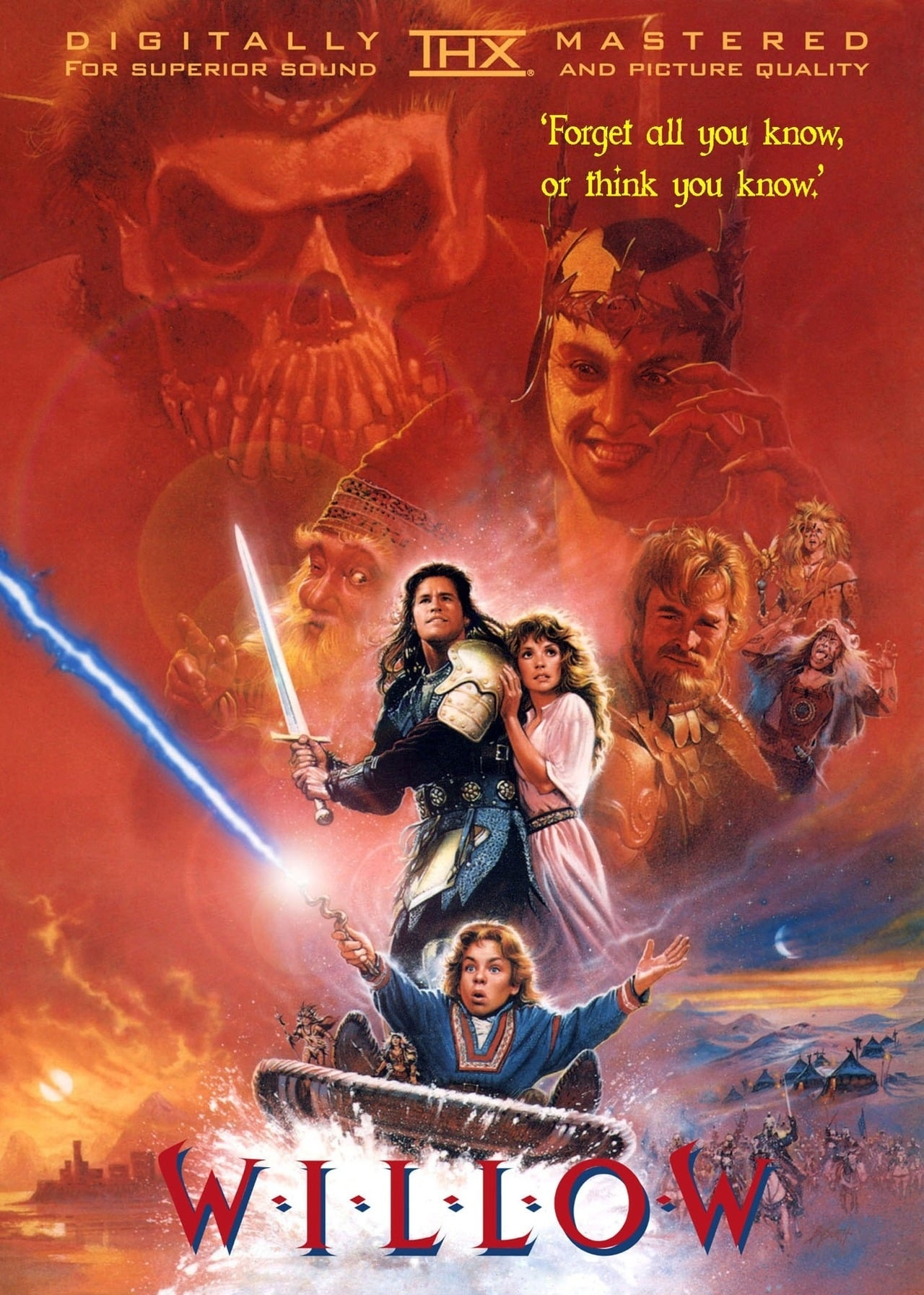Small Gods: A masterful comic satire on Religious Institutions and Fundamentalism
Small Gods is a fantasy comic satire on religious institutions, religious fundamentalism, philosophy, and the weaponisation of religious fanaticism for political power set in the Discworld. It explores how religious beliefs and faith shift and change over time, from being centred on the deity to being centred on the religious institution itself. Rereading this was an absolute joy!
This is the story of how Brutha becomes the eighth prophet of the god Om. Omnia is a monotheistic theocracy based on the Seven Books of the Prophets of Om, or the Septateuch. Omnia was a place where: "No matter what your skills, there was a place for you in the Citadel.
And if your skill lay in asking the wrong kinds of questions or losing the righteous kind of wars, the place might just be the furnaces of purity, or the Quisition’s pits of justice.
A place for everyone. And everyone in their place." Vorbis, the exquisitor in charge of the Quisition, enjoyed near complete authority and power over everyone out of fear of the Quisition’s pits. As the story opens, we have Brutha, a novice at the Citadel, working in the gardens when he comes across a tortoise who speaks to him. The tortoise in question is actually the god Om, who inexplicably finds himself in the form of a tortoise and unable to do much more than speak to Brutha in his mind. On Discworld, a particular god’s powers depend on the number of believers the god possesses. As the story progresses, we understand why even though the great god Om was held supreme in Omnia, the actual god Om was at present virtually powerless having Brutha as his only believer. Om starts to understand the reason when he ruminates:
"… it can’t be just him who believes in me.
Really in me. Not in a pair of golden horns. Not in a great big building. Not in the dread of hot iron and knives. Not in paying your temple dues because everyone else does. Just in the fact that the Great God Om really exists." After all, "Belief shifts. People start out believing in the god and end up believing in the structure…..
“Around the Godde there forms a Shelle of prayers and Ceremonies and Buildings and Priestes and Authority, until at Last the Godde Dies. Ande this maye notte be noticed.”’" Religion starts out centred on the god and then ends up centred on the Institution with people going through the motions because it’s what everyone does, or out of fear of the Institution. This had the unfortunate effect of turning the great god Om into a "small god". Similar to the other gods on Discworld, Om doesn't really care or think much of humans beyond realising the need to have believers. As the story progresses, due to his association with Brutha, Om starts to get a better understanding of humankind and also to care for them. Brutha starts out as a novice who simply took everything taught by the religious institution on faith to someone who realises what's wrong with the system and tries to change it.
Similar to a lot of other Discworld books, an underlying sense of anger and frustration permeates this book, with this book probably being Pratchett’s angriest. This is particularly evident when he speaks of the actions of the Quisition, generally involving torture and murder on a regular basis: "And it all meant this: that there are hardly any excesses of the most crazed psychopath that cannot easily be duplicated by a normal, kindly family man who just comes in to work every day and has a job to do.
Vorbis loved knowing that. A man who knew that, knew everything he needed to know about people." (A very astute judge of humankind, I must say). And, in relation to the the actual Quisitors:
"But there were things to suggest to a thinking man that the Creator of mankind had a very oblique sense of fun indeed, and to breed in his heart a rage to storm the gates of heaven.
The mugs, for example.
They had legends on them like A Present From the Holy Grotto of Ossory, or To The World’s Greatest Daddy".
Even though the subject matter is serious, there are numerous hilarious jokes, puns and comic twists strewn throughout the book to make a reader laugh out loud. Some of my favourite jokes were:
"Nhumrod looked around the garden. It seemed to be full of melons and pumpkins and cucumbers. He shuddered.
‘Lots of cold water, that’s the thing,’ he said. ‘Lots and lots.’"
Another one which speaks of the somewhat random rules of religions:
"‘I nearly committed a terrible sin,’ said Brutha. ‘I nearly ate fruit on a fruitless day.’
‘That’s a terrible thing, a terrible thing,’ said Om. ‘Now cut the melon.’
‘But it is forbidden!’ said Brutha.
‘No it’s not,’ said Om. ‘Cut the melon.’
‘But it was the eating of fruit that caused passion to invade the world,’ said Brutha.
‘All it caused was flatulence,’ said Om. ‘Cut the melon!’"
I don’t consider this book to be either against religion nor particularly for religion. The case of faith vs doubt is not a theme in this book and is not much of a thing on Discworld considering that the Gods on Discworld are very “present”. Even then, atheists like Simony do exist. In fact a running joke in the book is that people try to put some distance between themselves and atheists because atheists tend to be struck down by lightning (by Io the god of thunder). However, this book definitely speaks out against the use of unspeakable violence and subjugation in the name of god by people like Vorbis, without being in the least bit heavy handed about it. Now there is another thing about this book and Discworld books in general that I have loved, besides the social/religious commentary and humour, is that these books make me feel a little hopeful for humanity in general. In the midst of terrible events we have instances of people sometimes putting aside differences to do the right thing:
"He looked around in time to see a wave lift a ship out of the water and smash it against the dunes.
A distant scream coloured the wind.
The soldiers stared.
‘There were people under there,’ said Argavisti.
Simony dropped the flask.
‘Come on,’ he said.
And no one, as they hauled on timbers in the teeth of the gale, as Urn applied everything he knew about levers, as they used their helmets as shovels to dig under the wreckage, asked who it was they were digging for, or what kind of uniform they’d been wearing."
And, "The black-on-black eyes stared imploringly at Brutha, who reached out automatically, without thinking … and then hesitated.
HE WAS A MURDERER, said Death. AND A CREATOR OF MURDERERS. A TORTURER. WITHOUT PASSION. CRUEL. CALLOUS. COMPASSIONLESS.
‘Yes. I know. He’s Vorbis,’ said Brutha. Vorbis changed people. Sometimes he changed them into dead people. But he always changed them. That was his triumph.
He sighed.
‘But I’m me,’ he said.
Vorbis stood up, uncertainly, and followed Brutha across the desert.
Death watched them walk away." This is another reason I have loved this book. I will end this with a couple of thought provoking metaphors I loved from the book:
"‘About life being like a sparrow flying through a room? Nothing but darkness outside? And it flies through the room and there’s just a moment of warmth and light?’
‘There are windows open?’ said Brutha.
‘Can’t you imagine what it’s like to be that sparrow, and know about the darkness? To know that afterwards there’ll be nothing to remember, ever, except that one moment of the light?’" And another one which speaks of the wonders of the world:
‘Life in this world,’ he said, ‘is, as it were, a sojourn in a cave. What can we know of reality? For all we see of the true nature of existence is, shall we say, no more than bewildering and amusing shadows cast upon the inner wall of the cave by the unseen blinding light of absolute truth, from which we may or may not deduce some glimmer of veracity, and we as troglodyte seekers of wisdom can only lift our voices to the unseen and say, humbly, “Go on, do Deformed Rabbit … it’s my favourite.”’ (This one is also a little funny!)




